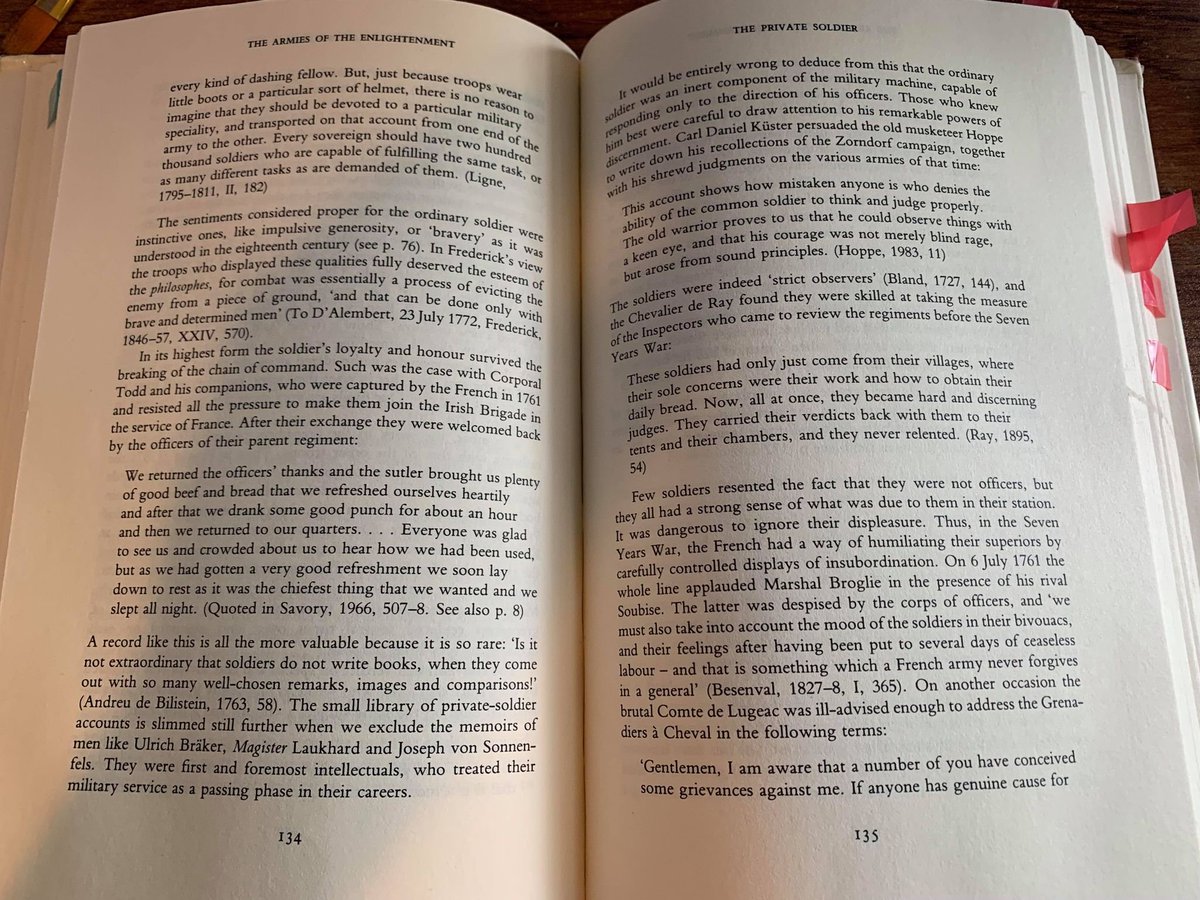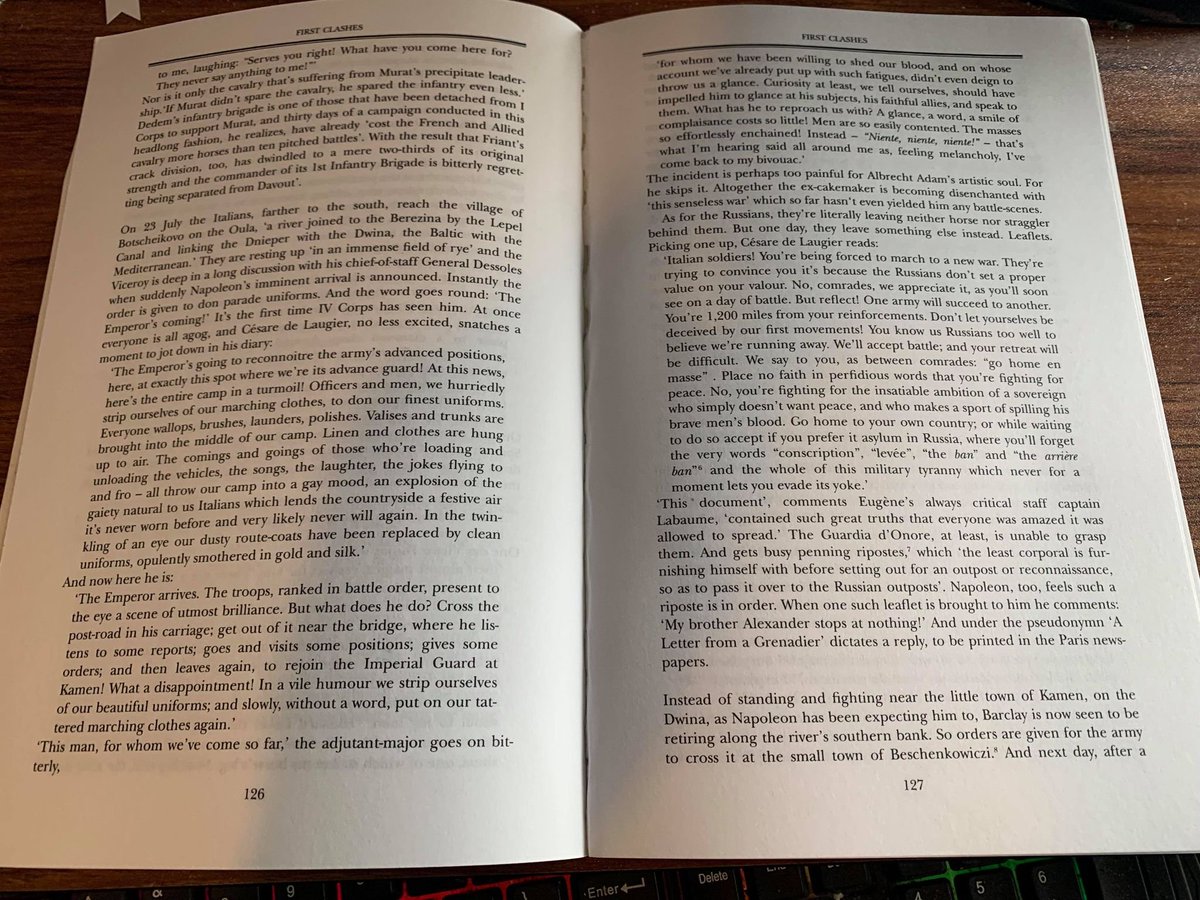Historical Battles That Defined the Nation take us on a journey through pivotal moments that shaped the course of a nation’s identity. These battles are not merely military conflicts; they represent the struggles, sacrifices, and triumphs of people who fought for their beliefs and freedoms. Each event echoes through time, leaving an indelible mark on the cultural and historical landscape, inviting us to reflect on how these defining moments continue to influence our lives today.
From the strategies employed to the outcomes achieved, these battles reveal the complexities of human perseverance and the drive for sovereignty. Understanding the historical context of these conflicts allows us to appreciate the diverse narratives that contribute to a nation’s character, showcasing both the valor and the consequences of war.
Welcome to the intriguing realm of anthropology! As a field dedicated to understanding humanity, anthropology offers a rich tapestry of insights into the diverse cultures, practices, and beliefs that shape our world. This blog post invites you to embark on a journey through the fascinating aspects of anthropology, highlighting its significance, methods, and the wonders it uncovers.
What is Anthropology?
At its core, anthropology is the study of humans—our behaviors, societies, and cultures. It seeks to understand not just the biological aspects of human beings, but also the social and cultural contexts that influence how we live, interact, and evolve over time. Anthropologists engage in both qualitative and quantitative research methods to gather data on human life, often immersing themselves in the communities they study.
The Four Subfields of Anthropology
Anthropology is typically divided into four main subfields, each offering unique perspectives and methodologies:
- Cultural Anthropology: This subfield focuses on understanding cultural variation among humans. Cultural anthropologists study customs, rituals, and social structures, often through ethnographic research, where they live among the people they study.
- Archaeology: Archaeologists examine past human societies through material remains. They dig into ancient ruins and artifacts, piecing together the histories and lifestyles of those who came before us.
- Linguistic Anthropology: This branch studies the relationship between language and culture. Linguistic anthropologists explore how language shapes social identity, cultural beliefs, and group membership.
- Physical (or Biological) Anthropology: This subfield examines the biological aspects of humans, including evolution, genetics, and health. Physical anthropologists study human remains to gain insights into our evolutionary past.
Why Anthropology Matters
In today’s interconnected world, understanding different cultures and perspectives is more important than ever. Anthropology plays a critical role in fostering empathy, respect, and awareness of cultural diversity. Here are a few reasons why anthropology matters:
- Cultural Awareness: Anthropology helps us appreciate the complexity of cultural identities and the challenges faced by various communities. It encourages us to challenge stereotypes and broaden our worldview.
- Social Issues: Anthropologists often engage in applied anthropology, using their skills to address pressing social issues such as inequality, health disparities, and environmental challenges.
- Preservation of Heritage: Through the study of traditions and languages, anthropology plays a vital role in documenting and preserving cultural heritage for future generations.
Methods of Anthropological Research
Anthropologists employ diverse research methods to gather data and insights about human behavior and culture. Here are some common approaches:
- Participant Observation: This immersive method involves living with a community and actively participating in their daily lives to gain a deep understanding of their practices and beliefs.
- Interviews: Anthropologists conduct structured or unstructured interviews to gather personal narratives and insights from individuals within the community.
- Surveys: Quantitative research methods, such as surveys, help anthropologists collect data from larger populations, allowing for statistical analysis and comparisons.
- Fieldwork: Fieldwork is a hallmark of anthropology, where researchers spend extended periods in the field, often facing challenges and surprises that enrich their understanding of the culture.
Case Study: The Himba People of Namibia: Historical Battles That Defined The Nation
To illustrate the beauty of anthropological research, let’s take a closer look at the Himba people of Namibia. The Himba are a semi-nomadic group known for their distinctive customs and resilient lifestyle in the harsh desert environment.
Anthropologists studying the Himba have documented their intricate social structures, which are matrilineal, meaning lineage and inheritance are traced through the mother’s side. Their unique practices, such as the application of otjize (a mixture of butterfat and ochre) to their skin and hair, serve both aesthetic and cultural purposes, symbolizing beauty and social status.
Through immersive fieldwork, researchers have also explored the impact of modern influences, such as tourism and climate change, on traditional Himba lifestyles, offering insights into the challenges faced by indigenous communities in a rapidly changing world.
Conclusion: Embracing Diversity through Anthropology
As we navigate the complexities of the modern world, anthropology serves as a guiding light, illuminating the diverse cultures and experiences that shape our global society. By understanding and appreciating these differences, we become not only more informed individuals but also more empathetic global citizens.

So, whether you’re an aspiring anthropologist or simply curious about the world around you, remember that anthropology invites us to explore, learn, and embrace the beautiful diversity of human life. Let’s celebrate the stories, traditions, and connections that define us as a species—after all, we’re all part of this incredible journey called humanity!
FAQ
What are some examples of historical battles that defined nations?
Examples include the Battle of Gettysburg, the Battle of Waterloo, and the Battle of Stalingrad, each pivotal to their respective nations’ histories.
How do historical battles influence modern society?
They shape national narratives, cultural identity, and societal values, reminding us of the struggles and sacrifices made for freedom and sovereignty.
What role do veterans play in the remembrance of these battles?

Veterans are crucial in preserving the memory and significance of historical battles, often sharing personal stories that connect the past with present experiences.
Why is it important to study these battles?
Studying these battles helps us understand the complexities of human behavior, the consequences of conflict, and the importance of peace in society.
How can we ensure that the lessons of these battles are not forgotten?
Through education, memorials, and community discussions, we can keep the memories alive and educate future generations about the significance of these events.
Tinggalkan Balasan